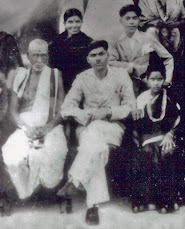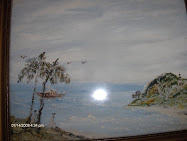Self-realisation is a series of realisations.
Every time we make a use of our old faculties, or every time we discover and use a new faculty in our day-to-day life, we have made a realisation.
This process of self-discovery is a process of expanding, enriching and integrating, making the personality wider and deeper, and the effective range vaster.
The idea of renunciation, constriction and negation as a necessary means or result of self-realisation is the exaggerated picture of one mode of approach to the problem, not the only one.
To make your ideals real - that is the process; that is also the foundation of scientific sincerity.
Then one discovers the dialectic movement between the ideal and the real; their mutual interaction generates creative action.
This is the realisation that exists between the idea in a painter’s mind and his painting. The painting, as it proceeds, never fully represents the idea, and the idea can never fully manipulate the limitations of the material reality (colours, brushes, canvas, etc.). However, the effort continues. Perhaps, it is this perpetual collaborative conflict between the ideal and the real that is the foundation of evolution - the unceasing dialectics of form and function.
Every time we make a use of our old faculties, or every time we discover and use a new faculty in our day-to-day life, we have made a realisation.
This process of self-discovery is a process of expanding, enriching and integrating, making the personality wider and deeper, and the effective range vaster.
The idea of renunciation, constriction and negation as a necessary means or result of self-realisation is the exaggerated picture of one mode of approach to the problem, not the only one.
To make your ideals real - that is the process; that is also the foundation of scientific sincerity.
Then one discovers the dialectic movement between the ideal and the real; their mutual interaction generates creative action.
This is the realisation that exists between the idea in a painter’s mind and his painting. The painting, as it proceeds, never fully represents the idea, and the idea can never fully manipulate the limitations of the material reality (colours, brushes, canvas, etc.). However, the effort continues. Perhaps, it is this perpetual collaborative conflict between the ideal and the real that is the foundation of evolution - the unceasing dialectics of form and function.











